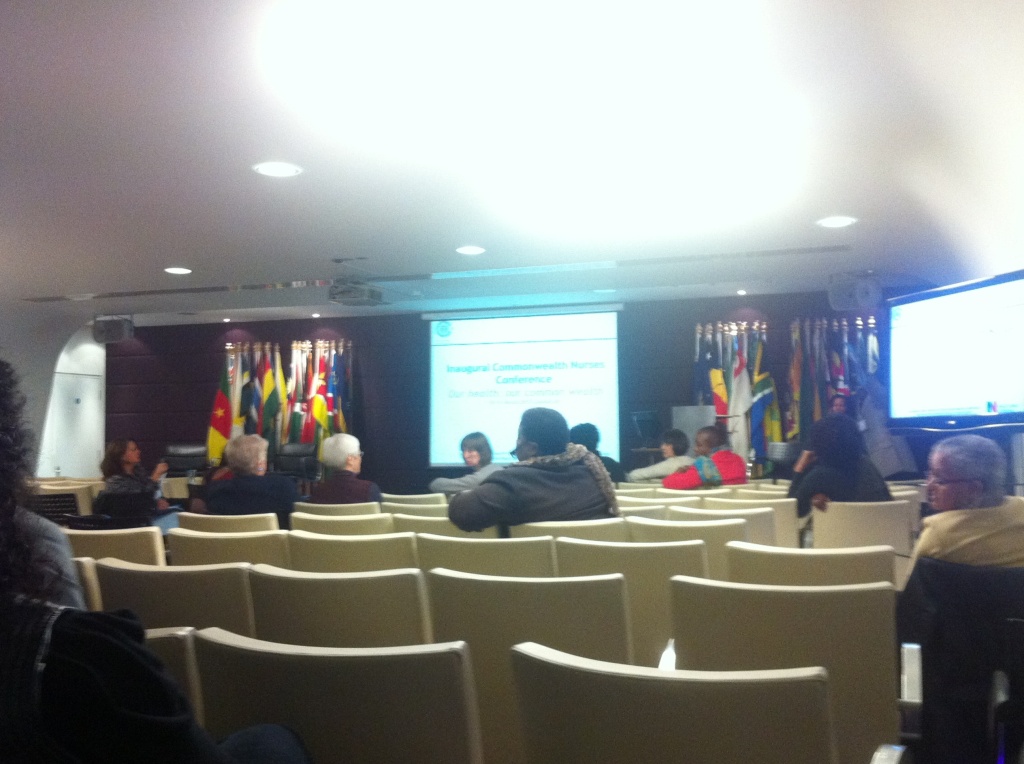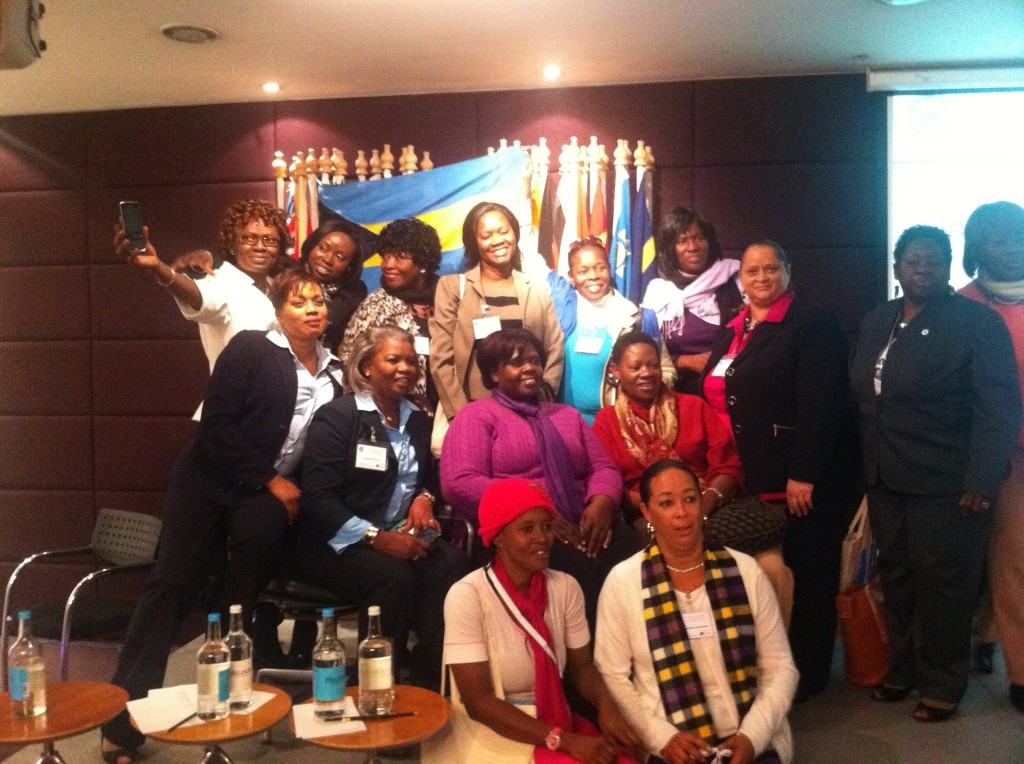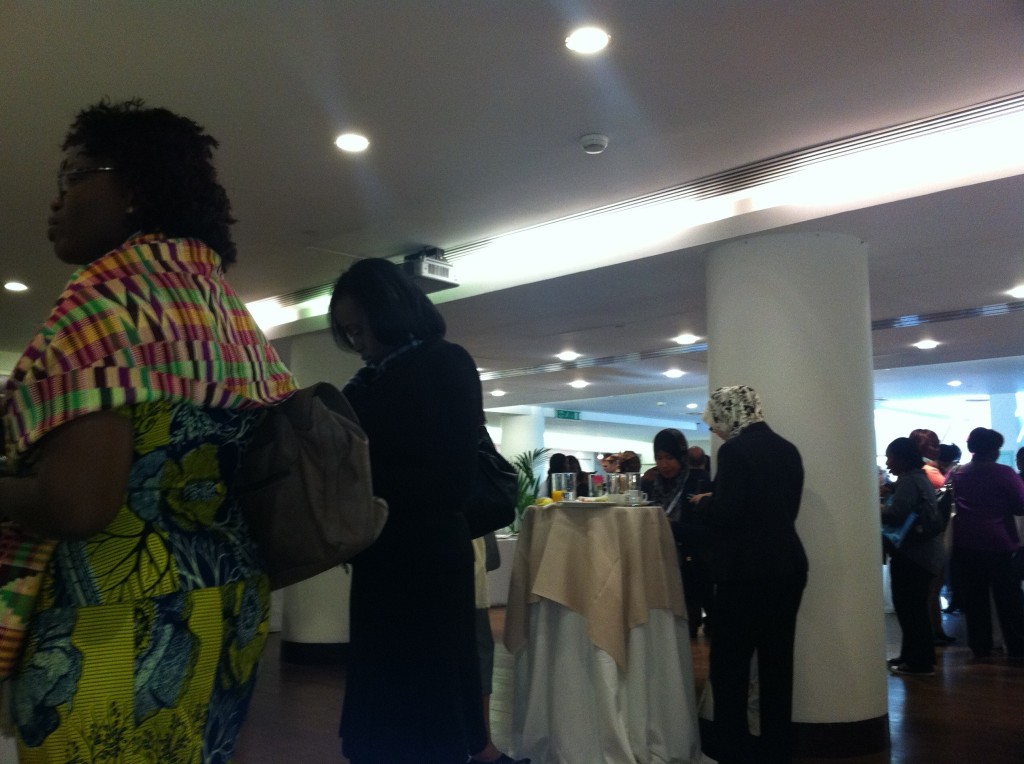Our Health our Common Wealth
Did you know that a nursing unit manager in South Africa performs on average 36 different activities an hour?
Multi-tasking may be a modern affliction, but for nurses – particularly those in low-resource settings – it is a life-saving skill. With medical degrees overwhelmed and under-represented, it is the nurses, generally the largest group of skilled workers in any healthcare system, who deliver a majority of frontline care.
That scheduling insight, from a study delivered by Professor Laetitia Rispel (‘Today was a hectic day: exploring the average working day of nursing unit managers in South Africa’) – is just one of the things we learned at the Inaugural Commonwealth Nurses Conference, supported by the Royal College of Nursing in London this past weekend, where Lifebox was lucky enough to be invited to exhibit.
We’re used to hearing stories about the miles that medical professionals will travel for equipment, education and community support. But we don’t often get to meet them.
So it was a real pleasure to walk around the room at the Commonwealth Club and talk to some of the 180 people who had traveled from 27 of the Commonwealth countries to London for the occasion.
Over the two days we joined sessions on meeting the health-related MDGs (both “Challenges and the way forward” and “Caribbean style”); reducing maternal and neonatal mortality by scaling up midwifery education; the use of information technology in hospitals in Cameroon and many more.
Talks were delivered in a range of accents and fabrics that spoke something to the breadth of cultures and nations that make up global healthcare, and strive alongside each other to improve it.
As though to underline this point, THET trustee and past president of the RCN Maura Buchanan spoke about the difference we can make to global health through established partnerships – the reciprocal transfer of skills and knowledge stretching beyond individual scope to encompass whole institutions, that THET has encouraged for 20 years.
Some delegates we spoke to were from countries with widespread pulse oximetry use; others from countries where a finger on the pulse is all the monitoring that is available. But all of them were confident about the value of an oximeter.
“We, the clinical staff know how important this is,” said Cecilia Anim, RCN Deputy President of Ghanaian origin, examining the Lifebox pulse oximeter. “It is the governments that have to listen.”




